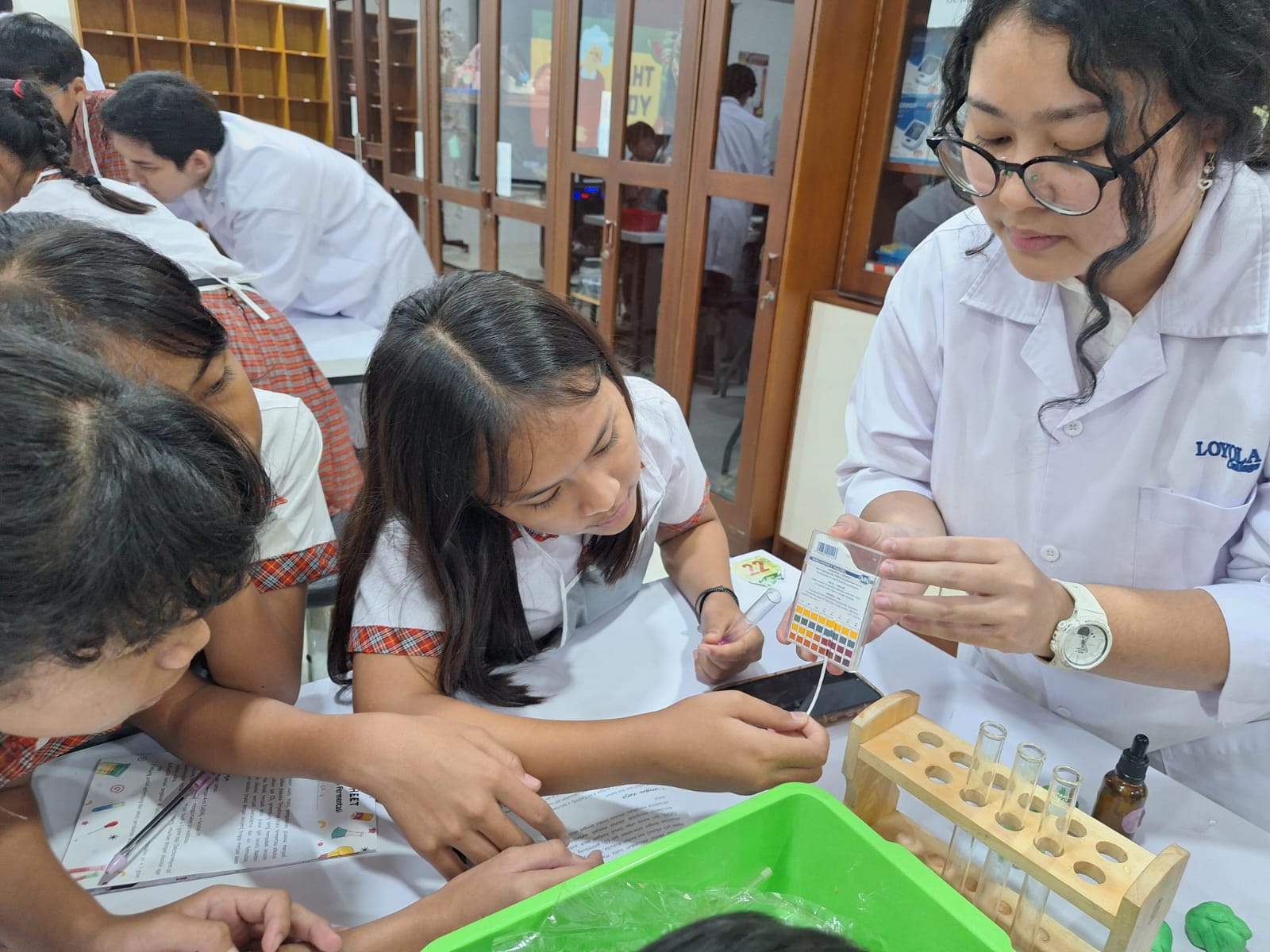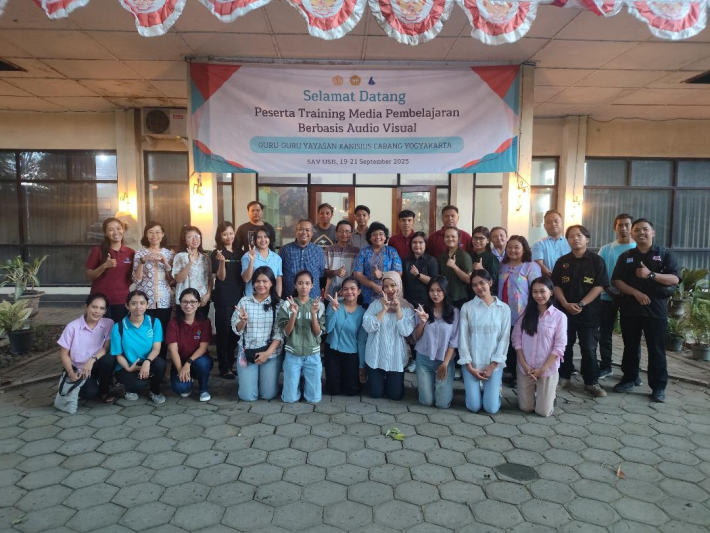In the second semester of the 2024/2025 academic year, Kanisius Tlogosari Kulon Primary School focused on the Sustainable Lifestyle for the Pancasila Student Profile Strengthening Project (P5). We name the project Wise Waste Management. This project supports the Learning Outcomes, which involve students observing and investigating the relationship between living (biotic) and non-living (abiotic) components that influence ecosystem stability. It aligns with the Universal Apostolic Preferences, emphasizing care for the earth.
The project was designed in three phases: Phase A (grades 1-2) involved selecting eco-friendly food wrapping materials; Phase B (grades 3-4) focused on turning waste into compost and eco enzyme; Phase C (grades 5-6) put the eco enzyme to use in producing liquid soap that can be sold. The choice of theme came from the lack of attention to environmental sustainability in the school and the surrounding areas.
Students participated in making eco-enzymes, which is created by fermenting a mix of water, molasses, and fruit peels for three months. This natural product helps address environmental issues near the school. They collected and used the eco enzyme to clear clogged drains and improve the cleanliness of local waterways. The leftover material from eco enzyme production was used to fertilize school trees, promoting the growth of breadfruit and mangoes for the whole school community. Despite its benefits, some students were reluctant to engage in its production due to the fear of messiness and unpleasant smells.
The project also introduced ‘Sedekah Alam,’ an offer to nature, an initiative where eco enzyme was poured into smelly sewers and into local bodies of water to help improve the environment. This process taught students about caring for nature and using eco-friendly products. However, many still hesitated to use the eco enzyme because of its odor and manufacturing process, even though there were plenty available.
To further spread knowledge about eco-enzymes, the fifth-grade students were invited to conduct research at Kolese Loyola High School. Teachers prepared students with knowledge before visiting and sharing their newfound skills. After the communication was fixed, the Principal of Kolese Loyola High School, Fr Ferdinandus Tuhujati Setyoaji organized a broader collaborative initiative. Initially planned for a few students, all students were included to enhance the experience.
On May 22, 2025, the students headed to Kolese Loyola High School. They were excited yet nervous about their presentations. Upon arrival, they received warm welcomes, which helped boost their confidence and enjoyment in sharing their experiences. Activity coordinators, Mrs. Etik Maharani and Mr. Reynhard Louis Dermawan, along with 25 students of Kolese Loyola High School, guided our students through various activities like fermentation labs, eco-printing, and making natural anti-mosquito lotion.
This collaboration reinforced the ecological initiatives at Kanisius Tlogosari Kulon Elementary School, aligning with their commitment to caring for the environment as part of the Universal Apostolic Preferences. The education approach highlights the need for students to actively engage with environmental issues instead of just memorizing facts. It emphasizes the importance of recognizing problems, finding solutions, and taking real action. Inspired by St. Francis Assisi, students learn to respect and appreciate nature as part of their spiritual growth.
Contributor: Khatarina Ika Wardhani- Principal of Kanisius Tlogosari Kulon Elementary School




